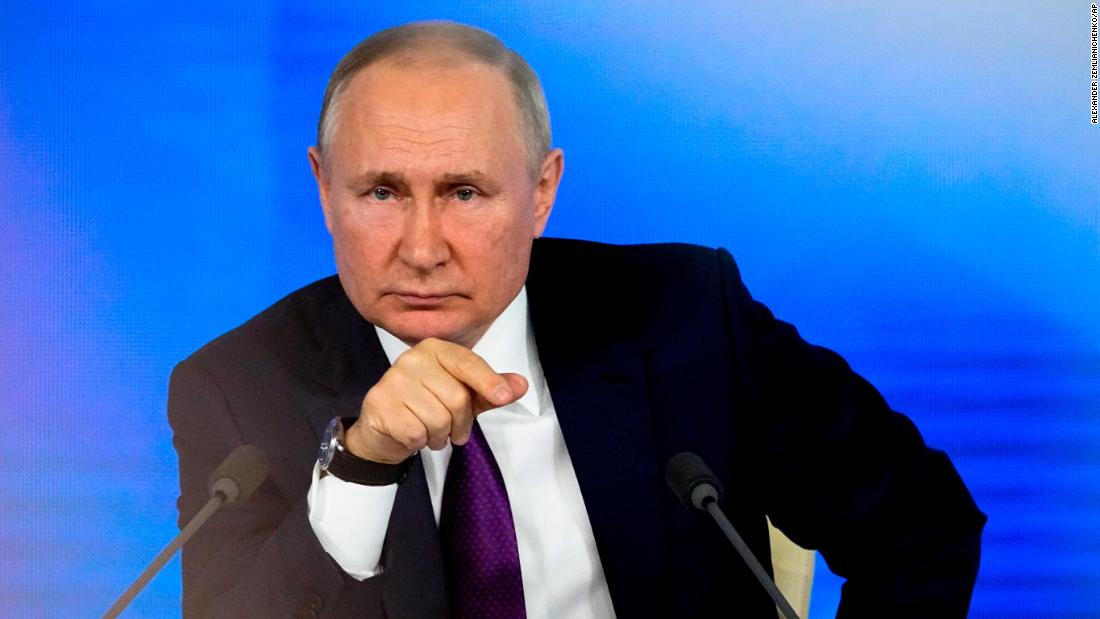
But more than two months in, the war is going far from how Russia originally envisaged. May 9, then, might present Putin the occasion to declare a symbolic “victory” over Ukraine — a great demonstration of patriotic ecstasy aimed at shoring up his manipulated, sanction-weary audience.
The date marks the day Nazi Germany surrendered to Soviet forces (the day after its capitulation to the Western allies, which is why the UK, US and their allies commemorate victory on May 8).
Moscow initially partnered with Nazi Berlin to divide eastern Europe between the two totalitarian regimes. But after that partnership ended with the German invasion of the USSR in 1941, the Soviet human contribution to defeating Germany — backed by enormous shipments of food aid and military equipment from the UK, US and Canada — was critical.
How important is May 9 to Putin?
But with no friendly tools to attract other countries available, to retain or regain an empire Russia needs a powerful army. May 9 is designed to show off to the home crowd, to intimidate the opposition and to please the dictator of the time (over the years, all secretaries-general of the Communist Party similarly stood on Lenin’s mausoleum on Red Square acknowledging Russia’s military might with satisfaction as it drove past and flew over).
Ukraine is deeply personal to Putin (but, fortunately, for the future of Ukraine, even more personal to Ukrainians). Its “waywardness” is a betrayal and its very existence an historical aberration, in the eyes of the Russian President. Something had to be done about Ukraine’s Western ambitions and as Russian style diplomacy (read: coercion) had failed, Putin felt forced to turn to more muscular methods to “restore rightness.”
What he didn’t realize (although nor, to be fair, did most Western analysts) was how fundamentally corrupted and incompetent Russia’s supposedly modernized and professionalized fighting force had become.
Ukraine’s heroic resistance deserves every credit. But they couldn’t have achieved it without the Russians army’s inadvertent help. Meanwhile, such is the vertical nature of Russia’s political structures, there is surely little accurate information circulating among the rest of Putin’s elites on the state of play.
What could this mean for the course of the war?
Both sides are effectively maneuvering for a better position at the negotiating table when that time eventually comes. In military terms, the war might be reaching a stalemate in the coming weeks, where neither side has sufficient force to completely change the tide of war and achieve a decisive victory over the other.
What appears to be Putin’s strategy in Ukraine?
Russia’s tactics may have changed, but its strategy — that is to say its overall goal — has not. That goal is to ensure that Ukraine is no longer an independent country able to make its choice to be European and westward-facing.
The good news is the objective cannot possibly be realized. Ukraine’s subjugation — physically or politically — is forever beyond Russia’s grasp now. Russia has not performed well enough on the battlefield or in the political arena to make it so. The bad news is that Russia does not yet know this and so will continue to send its own men, and far too many Ukrainians as well, to their deaths.
If sanctions are maintained, Europe can continue to wean itself off Russian energy, and if foreign investors remain deterred, the Kremlin will run out of money later in the year — this in turn may dictate an eventual change of policy. But not by May 9. None of these changes will be visible by then — in the “progress” of the war or in the eyes of ordinary Russians.
So May 9 will be a show of strength as it always is. But it will be hollow. Just like, as I suspect, the feeling in the pit of Putin’s stomach.